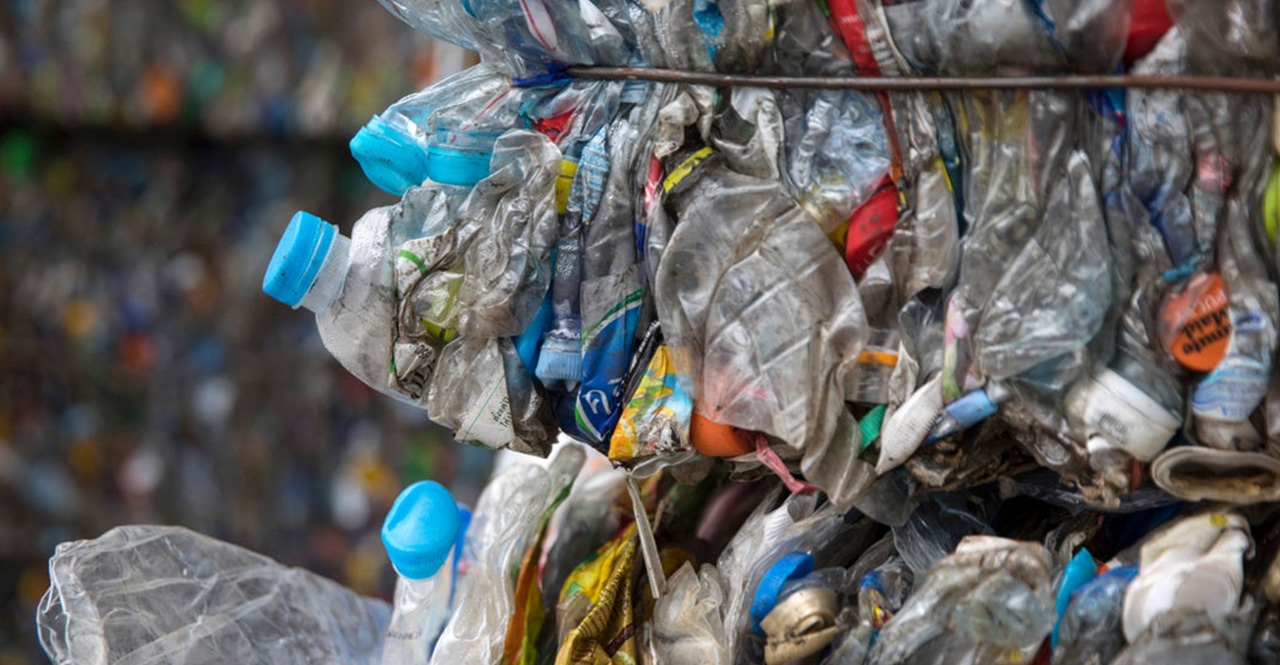Reclaim Waste Melbourne: Advanced Techniques for Reliable Liquid Waste Removal
Reclaim Waste Melbourne: Advanced Techniques for Reliable Liquid Waste Removal
Blog Article
Fostering Source Effectiveness and Environmental Management Via Liquid Waste Elimination Programs
In the realm of ecological stewardship, the monitoring of fluid waste stands as a critical juncture where source efficiency and environmental protection assemble. With a lens of aggressive interaction and strategic foresight, the landscape of liquid waste administration reveals a tapestry of difficulties and opportunities that bid us to discover the course in the direction of a greener and even more lasting future.
Significance of Liquid Waste Removal
The importance of liquid waste removal depends on its essential duty in preserving environmental health and safeguarding public health. Fluid waste, otherwise appropriately handled, can position major hazards to ecological communities, water resources, and human health and wellness. Through effective removal procedures, harmful materials such as contaminants, pathogens, and chemicals are prevented from infecting the atmosphere and causing damaging impacts.
Proper fluid waste elimination also aids in stopping the spread of illness and minimizing the capacity for groundwater contamination. By securely taking care of liquid waste, the risk of waterborne ailments and pollution-related health and wellness problems is considerably decreased - Reclaim Waste Melbourne. In addition, efficient elimination practices add to keeping the general cleanliness and looks of communities, consequently enhancing the lifestyle for citizens
Additionally, fluid waste elimination plays an important duty in supporting sustainable growth and ensuring conformity with ecological regulations. By sticking to correct waste management protocols, markets and services can reduce their ecological impact and show company responsibility. Ultimately, purchasing robust liquid waste removal programs is necessary for advertising ecological stewardship and cultivating a much healthier, more secure future for all.

Benefits of Reliable Disposal
Reliable disposal of liquid waste not only safeguards environmental health and public well-being yet additionally generates various benefits that extend beyond immediate containment actions. Via processes like recycling and power recovery, important sources can be drawn out from liquid waste, advertising sustainability and minimizing the stress on raw products. Generally, the benefits of efficient fluid waste disposal are diverse, encompassing ecological protection, source effectiveness, and financial benefits.
Technologies for Waste Treatment
Utilizing advanced technologies for waste treatment plays a crucial duty in making certain the reliable administration and safe disposal of liquid waste. One of the key modern technologies utilized in liquid waste therapy is biological treatment. This approach makes use of microbes to break down raw material in the waste, converting it right into harmless byproducts. One more common technology is chemical therapy, where chemicals are contributed to the waste to counteract dangerous elements or speed up contaminations for removal. Physical therapy techniques, such as filtration and sedimentation, are additionally widely made use of to separate solids from fluid waste.
Advanced oxidation procedures (AOPs) have obtained popularity for their capability to weaken persistent natural toxins in fluid waste through the generation of extremely responsive hydroxyl radicals. Membrane innovations like reverse osmosis and ultrafiltration are reliable for separating pollutants from liquid waste streams. In addition, thermal therapy methods such as incineration can be utilized for the full destruction of dangerous elements in fluid waste. On the whole, the assimilation of varied treatment modern technologies ensures environmentally friendly and detailed monitoring of fluid waste.
Role of Regulations and Conformity
In the realm of liquid waste monitoring, adherence to governing structures and compliance requirements is critical for protecting ecological health and wellness and sustainability. Laws play a vital function in controling the correct handling, therapy, and disposal of liquid waste to avoid damage to communities and human health and wellness. By establishing clear guidelines and criteria, governing bodies make sure that services and individuals associated with fluid waste monitoring run in an eco liable way.
Compliance with these laws is not just a legal requirement but also an ethical commitment to secure the environment for existing and future generations. It involves applying finest techniques in waste why not look here collection, therapy, disposal, and transport to minimize ecological impact and advertise source performance. Non-compliance can result in penalties, lawsuit, and reputational damage for companies, highlighting the significance of promoting regulatory criteria.

Future Fads in Waste Administration

Another essential pattern in waste management is the adoption of innovative information analytics and expert system to optimize waste collection routes, enhance sorting procedures, and boost general operational performance. These modern technologies allow waste management business to make data-driven decisions, bring about set you try this back savings and ecological advantages.
Additionally, there is an expanding focus on the advancement of decentralized waste management systems, such as onsite therapy centers and mobile waste processing devices. These systems provide flexibility and scalability, permitting a lot more effective waste handling in diverse settings.
Final Thought
To conclude, cultivating resource performance and environmental management through fluid waste removal programs is crucial for lasting development. Effective disposal methods, progressed technologies for waste therapy, and strict laws play essential duties in reducing ecological impact. Looking in advance, continuous development and improvement in waste administration techniques will be crucial for dealing with the expanding challenges of liquid garbage disposal.
In the realm of ecological stewardship, the management of liquid waste stands as an essential juncture where source performance and environmental security merge (Liquid waste removal).Utilizing sophisticated modern technologies for waste treatment plays an important function in guaranteeing the efficient administration and secure disposal of fluid waste.In the world of liquid waste management, adherence to regulative structures and conformity criteria is vital for protecting ecological wellness and sustainability.In verdict, cultivating source performance and environmental protection with fluid waste elimination programs is crucial for sustainable development. Looking ahead, continuous innovation and improvement in waste management methods will certainly be important for dealing with the growing challenges of liquid waste disposal
Report this page